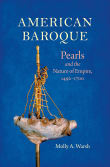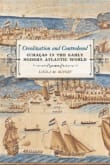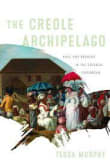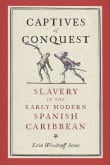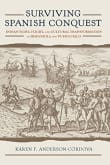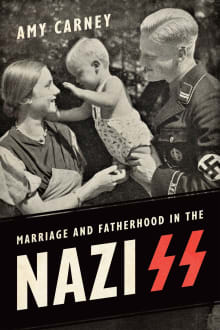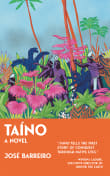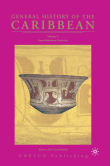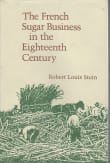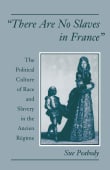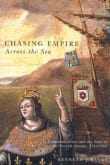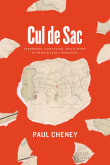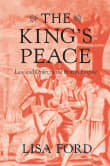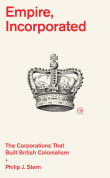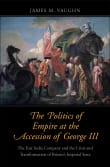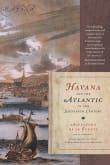Cannibal Encounters

Book description
Philip Boucher analyzes the images-and the realities-of European relations with the people known as Island Caribs during the first three centuries after Columbus. Based on literary sources, travelers' observations, and missionary accounts, as well as on French and English colonial archives and administrative correspondence, Cannibal Encounters offers a vivid portrait…
Why read it?
2 authors picked Cannibal Encounters as one of their favorite books. Why do they recommend it?

Boucher’s book was one of the first to look beyond initial Indigenous-European contact in the Greater Antilles to focus on interactions between colonizers and the people they called “Caribs”: the mobile, multiethnic inhabitants of the smaller islands of the Lesser Antilles.
Boucher convincingly shows that far from being reduced to slavery or extinction, the Lesser Antilles’ Indigenous inhabitants remained important military and political players, particularly during the seventeenth century, on which much of the book focuses.
He further explores how Indigenous actions influenced European stereotypes of the region’s inhabitants, giving rise to exaggerated depictions of fierce cannibals.
From Tessa's list on the Early Indigenous Caribbean.

Boucher contributes to our understanding of two aspects of Caribbean history, the activities of French colonizers and the history of the Carib (or Kalinago) native peoples of the eastern Caribbean. Although Cannibal Encounters addresses imperial policies and warfare (in line with an older scholarship), it also reveals the importance of the indigenous peoples to the early interactions in the Caribbean basin. In particular, the rivalries between the French and the English played out in the context of confrontations, alliances, and betrayals involving the Kalinago.
From Carla's list on the early modern global Caribbean.
If you love Cannibal Encounters...
Want books like Cannibal Encounters?
Our community of 12,000+ authors has personally recommended 100 books like Cannibal Encounters.


